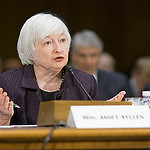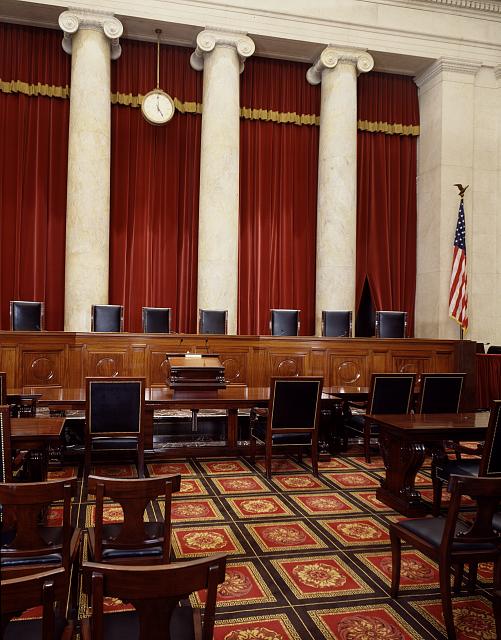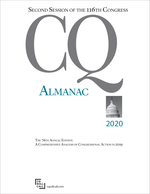
 2010
2010
On March 23, 2010, President Obama signed into law landmark health reform legislation following contentious national debate on finding solutions to the nation's healthcare system..  2010
2010
On August 5, 2010, the Senate confirmed Elena Kagan, 63-37, making her the fourth woman to serve on the U.S. Supreme Court.  2011
2011
In the late evening on May 1, 2011, President Obama announced to the world that al Qaeda leader Osama bin Laden had been killed in Pakistan during a military operation conducted by the United States.  2011
2011
At the eleventh hour on August 2, 2011, Congress and the President reached an agreement to raise the debt ceiling and avoid government default. Less than one week later, Standard & Poor downgraded the United States' credit rating.  2012
2012
A willingness to compromise ultimately proved successful in landing this Coast Guard reauthorization bill on the president's desk. After some 13 months of legislative activity, the bill will help to better define the Coast Guard's role following a decade of signficant changes.  2012
2012
Following passage of a Senate bill to provide recovery funds to states devastated by Hurricane Sandy, House Speaker John Boehner incensed some lawmakers when he decided to put off House action until 2013. With some members of his own party strongly, and publicly, criticizing his actions, this episode illustrated the difficult balancing act Boehner faced in 2012.  2013
2013
Spurred by a 2012 outbreak of meningitis originating at a Massachusetts compounding pharmacy, Congress passed legislation in 2013 giving the FDA more regulatory oversight. The oversight extends not only to compounding pharmacies but also to the pharmaceutical supply chain.  2014
2014
Janet Yellen was confirmed by the Senate to become chairwoman of the Federal Reserve. The 56-26 vote was the narrowest margin in history for the position.  2014
2014
A significant compromise was reached in 2014 on a farm bill that reduced subsidies as well as nutrition programs.  2014
2014
Despite strong House support, the Senate ended up one vote short of approving the controversial Keystone XL Pipeline that would transport oil from Canada to the Gulf Coast.  2015
2015
In August 2015 Cuba and the U.S. reopened their respective embassies in Washington and Havana for the first time in 54 years. Neither attempts to restrict normalization of relations nor efforts to boost travel and trade ultimately amounted to much in the Senate.  2015
2015
Despite persistent calls by President Obama to close the detention center at Guantanamo Bay, the facility remained open in 2015. A defense bill signed by the president in 2015 prohibited the transfer of detainees to certain African and Middle Eastern countries and the United States.  2016
2016
After voters in state-level elections across the country overwhelming favored labeling of genetically engineered food and beverages, Congress passed a bill prohibiting states from passing mandatory labeling laws. With support from the food industry, the bill nullified a GMO-labeling law in Vermont, and instead sought to establish a national labeling standard.  2017
2017
The crowning achievement of the Republican Congress was the Tax Cuts and Jobs Act, which President Trump signed swiftly on December 22. The largest overhaul of the tax code since the mid-80s, the changes promised corporate rate cuts and breaks for pass-through businesses and a restructured individual tax code that allowed for fewer itemizations. The tax bill passage also brought an end to the individual mandate of the Affordable Care Act.  2018
2018
In December 2018, President Trump signed into law significant criminal justice reform legislation. The law aims to reduce the number of federal inmates through sentencing reform and provides more job training and drug treatment to prisoners to reduce recidivism.  2019
2019
On December 19, 2019, House Democrats approved a bill that would bring the new USMCA trade agreement between the United States, Canada, and Mexico into force. |
|









